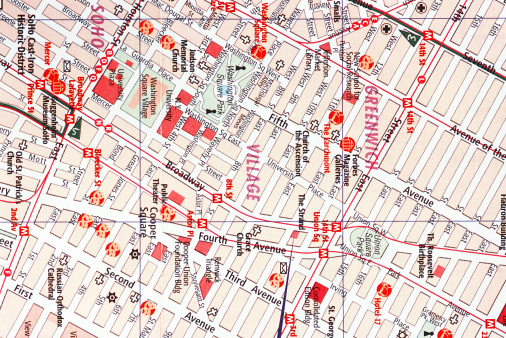By Rieva Lesonsky
Wondering how to give your business startup an extra edge? Where you choose to locate can be almost as important as your business model when it comes to starting a business. Fortunately, WalletHub has just come out with their annual list of the best places to start a business.
WalletHub analyzed the startup-friendliness of the 150 most-populated U.S. cities based on a variety of measurements, from the average five-year survival rate of small businesses to the price of office space and the educational level of the local labor force.
You can check out the whole list yourself and get a lot more detail about each city, but here’s a shortlist: The 10 best places to start a business are
1. Shreveport, LA
2. Tulsa, OK
3. Springfield, MO
4. Chattanooga, TN
5. Jackson, MS
6. Sioux Falls, SD
7. Memphis, TN
8. Augusta, GA
9. Greensboro, NC
10. Columbus, GA
What about the 10 worst places to start a business? Sadly, my state (California) didn’t fare too well.
141. Anaheim, CA
142. San Jose, CA
143. Santa Ana, CA
144. Oakland, CA
145. Ontario, CA
146. Fremont, CA
147. Yonkers, NY
148. Garden Grove, CA
149. Jersey City, NJ
150. Newark, NJ
Of course, no one listing of the best places to start a business can tell you what’s going to work for you. Some factors to consider include:
• Competition: You might have noticed that a couple of cities in Silicon Valley made the list of “worst” places to start a business. Is that really true if you want to start a tech business? Maybe not, because you’ll have access to plenty of experienced potential employees. At the same time, consider how much competition you’ll face. No matter where you’re considering locating, always do some research on the local business makeup so you can determine if you have a chance of breaking into the market.
• Cost of living: Can you and your future employees afford to live (or to live well) in the city you’re contemplating? Take into account that in cities with a high cost of living, you’ll have to pay higher salaries just to keep pace.
• Incentives for business: Look into what type of tax and other incentives the city offers for small businesses. For instance, depending on your industry and your growth plans, there may be incentives to help you offset the cost of hiring, building out your location or other elements of startup.
• Access to financing: If you don’t need financing to start a busienss, this may not seem like a concern. But what if you have growth plans that may require financing at some point? Don’t box yourself into a corner by choosing a location where access to the necessary capital is limited.
• Available work force: If you need employees with specialized skills or education, you’ll want to know the average educational attainment in the area. It’s also important to make sure there are enough workers in an area to create a viable labor pool. For example, a smaller town may not provide an adequate labor supply.
• Local demographics: If your business will target a local market, you need to know things like the residents’ average income, education, marital status and homeownership rates to make sure their profile jibes with that of your target customer.
• Cost and quality of office space: Whether you need office, retail or warehouse space, make sure there’s enough of it in the region you’re considering and find out how much it costs.
• Quality of life: Some small business owners don’t take this into account. Big mistake! Quality of life is a huge factor not only in attracting employees to your business and keeping them happy, but also in your own happiness as well. What’s the point of moving to a location that offers everything your business needs, but falls short in terms of your own needs? Investigate factors such as social and cultural opportunities, recreation, weather and demographics to find a city where you’ll fit in. Such a city will probably attract others like you—and finding like-minded entrepreneurs makes startup a lot easier.







